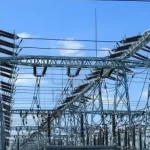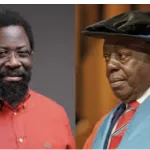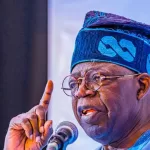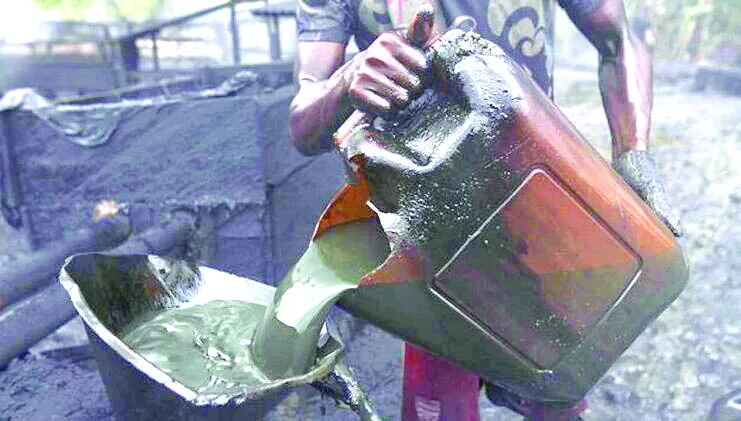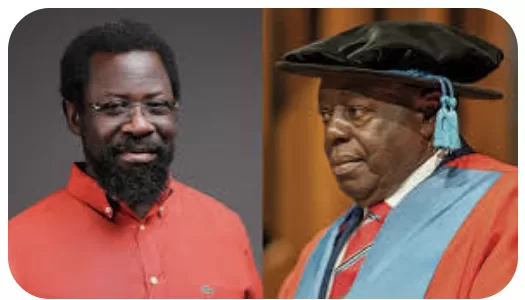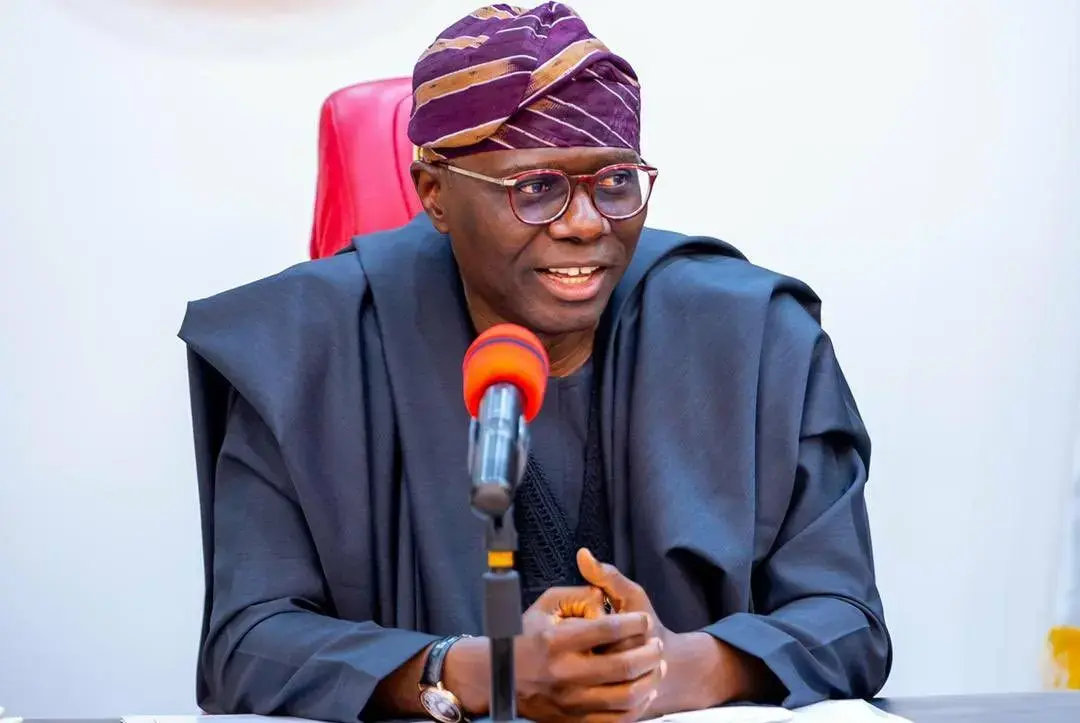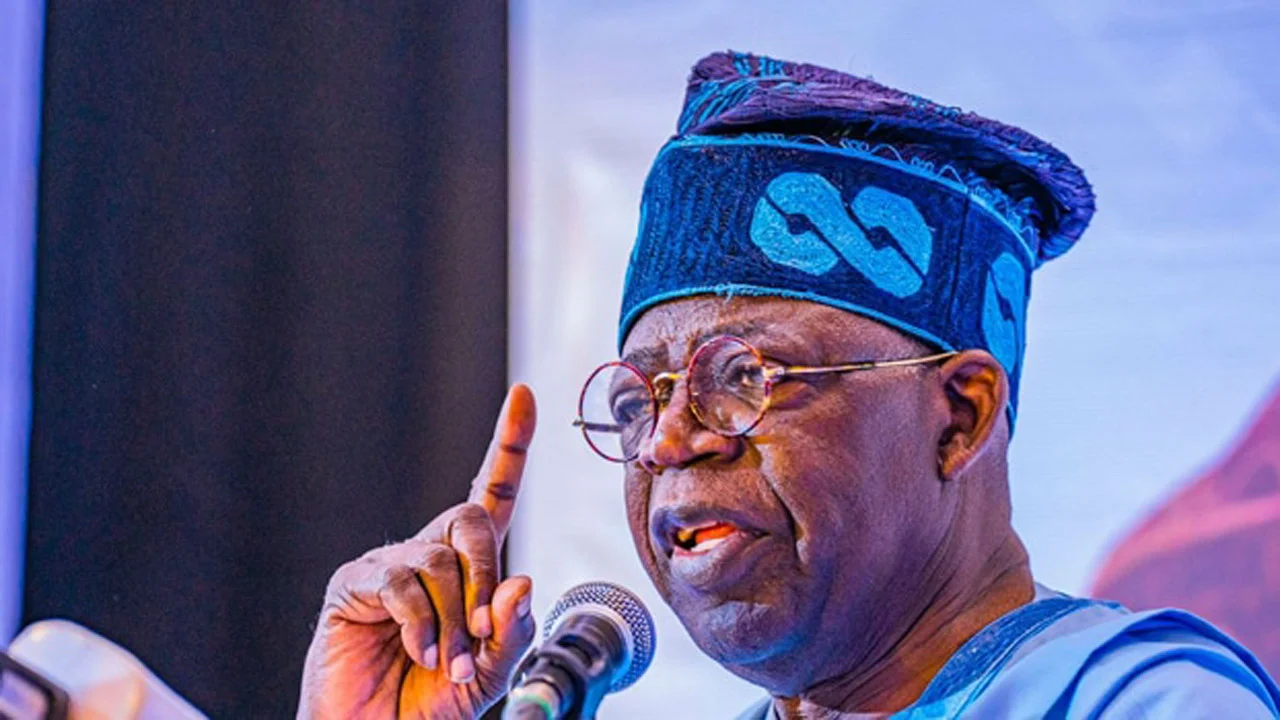The Chief of Defence Staff, General Christopher Musa; the Inspector General of Police, Kayode Egbetokun and the GMD of the Nigerian National Petroleum Company Limited, NNPCL, Mele Kyari, jointly addressed the media on Tuesday, July 16, 2024 in Abuja, signalling a new resolve by President Bola Tinubu to tackle the menace.
Declaring enough was enough, Musa pledged that the security agencies will work together to produce tangible results within the next two and three months.
Nigeria, which used to enjoy a 2.2 million barrels per day quota allocated to it by the Organisation of Oil Producing Countries, OPEC, fell to the 972,000 bpd mark by August 2022, the lowest ever in its recent history. Since President Tinubu came to power and retained the portfolio of Minister of Petroleum Resources like some of his predecessors, production has been between 1.2 and 1.5 million bpd.
With a rapidly expanding population which stands at over 220 million, Nigeria can barely survive on this massive shortfall. The regime’s economic policies have only worsened hardship, and tensions are building up towards a breaking point.
This joint security committee is a desperate but welcome measure. If it succeeds, it will provide a huge and welcome windfall and ease our impulse to depend heavily on borrowing to maintain the system.
While we see this as the right step, we are however worried that many such presidential initiatives have not brought any tangible or lasting result. Since Muhammadu Buhari’s days, the president meets with security chiefs and gives them marching orders, yet we end up with same security woes. Presidential “marching orders” appear to have lost their bites.
The reasons are not far-fetched. Due to corruption and compromise, there is little synergy among the forces. Most public officials seek to exploit their positions to their selfish advantage. The situation is particularly true of those involved in maintaining security of our oil facilities.
Many of them turn around and become the problem. We are sure if there is no collusion or compromise from the highest to the lowest levels of engagement in this initiative, oil theft will soon be a thing of the past.
Another major issue which is often ignored is the damage that ethnic and regional nepotism has wreaked on our security forces’ ability to deliver results. Lack of inclusion is a great damper on patriotism, without which the military and Police cannot confront the enemies.
We also urge the operatives to work together with the local stakeholders and incentivise their cooperation.

